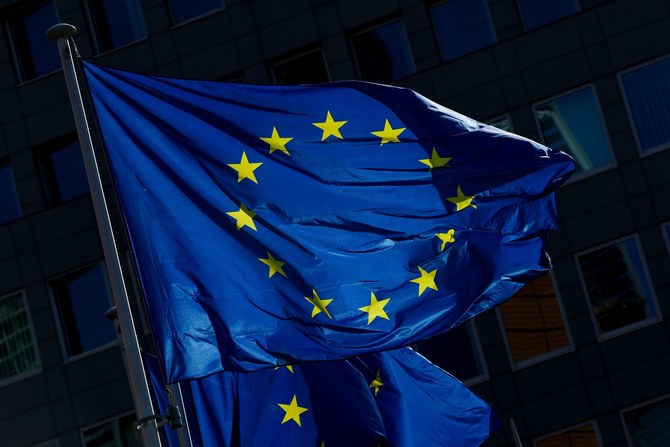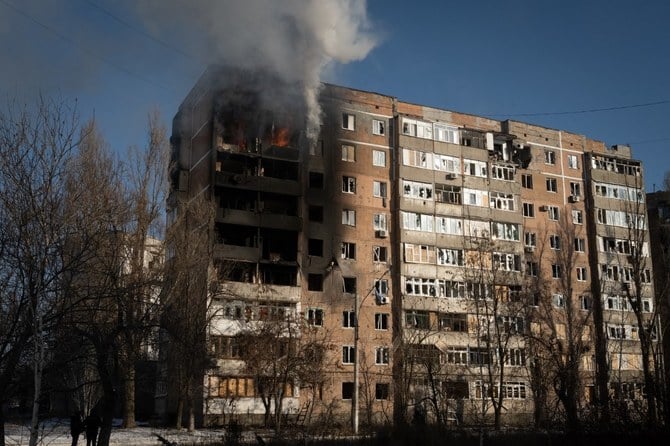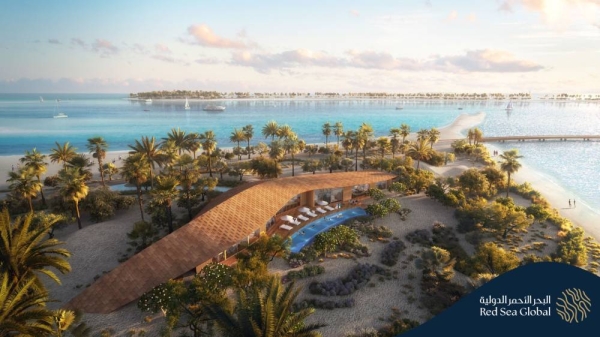
After more than 18 months of conflict, the situation in Ukraine has evolved into a central preoccupation for the EU. This enduring crisis has ignited passionate debates within the bloc’s corridors of power, reviving discussions on the optimal course of action. The primary deliberation revolves around two contrasting approaches: advocating for diplomatic negotiations with Russia, echoing the sentiments of former French President Nicolas Sarkozy, and pushing for a bolstering of Ukraine’s military capabilities to counter Moscow’s aggressive stance and to set up the defeat of Russia as a goal.
However, the ongoing focus on supporting Ukraine has sparked a degree of dissatisfaction on the domestic front. Many Europeans, already grappling with the economic strain of surging inflation, are beginning to express skepticism about the allocation of resources and political capital to the conflict. Divisions among politicians do not help in setting achievable goals.
Strangely, the recent migrant crisis has acted as a sobering wake-up call for the EU, underscoring the need to maintain a multifaceted approach to global affairs. While the Ukrainian conflict demands attention, it is imperative for the EU to remain attuned to events further afield. The global stage is full of complex issues that cannot be neglected and Brussels must balance its commitment to Ukraine with a broader engagement in the face of international challenges.
While Ukraine demands attention, it is imperative for the EU to remain attuned to events further afield
Khaled Abou Zahr
The EU must consider the wider geopolitical landscape and the potential ramifications for its own interests, including in its own backyard. One pressing concern is the evolving situation in Libya. This has been a key issue for Europe both on the energy side and the migrant situation. Here, more than anywhere else, it is partly the lack of a clear European policy that is encouraging the conflict to continue. Moreover, if member states continue to oppose each other, this is the best way to invite the conflict to grow and impact Europe even more.
When we turn our attention to the analysis provided by experts on French television, who highlight Russia’s waning influence in its former territories due to its entanglement in the Ukrainian conflict, parallels can be drawn to the EU’s position in Africa and other regions. Instances of political upheaval and coups in Africa are reshaping the continent’s geopolitical landscape, gradually sidelining France and, by extension, Europe. This shift is a stark reminder that similar trends are unfolding throughout Africa and beyond, with the intra-European conflicts exacerbating regional instability, which in turn will definitely impact Europe.
The conflict between Armenia and Azerbaijan also stands out as a focal point of divergence and discord among European nations. This issue carries profound implications for the stability of the continent and simultaneously presents opportunities. It is therefore imperative that the EU takes decisive action, actively advocating for a peaceful resolution to this regional standoff, while concurrently endeavoring to sever the military ties that bind Armenia and Iran.
The EU’s pivotal role in this scenario extends beyond the realm of diplomacy; it also extends to humanitarian concerns. The specter of population displacement looms ominously — a consequence that could burgeon into a substantial problem as Russia’s grip on its sphere of influence weakens. And vacuums are never left unfilled. Without concerted efforts to address the root causes of this conflict and pave the way for reconciliation, the repercussions could indeed be dire, while also representing a missed opportunity to foster greater stability and interconnected trade routes.
Brussels should also take an active role in what are becoming the new axes of regional and middle powers
Khaled Abou Zahr
Another region where Europe should focus is the Arctic. Due to its immense untapped resources, which include oil, gas, minerals and fisheries, the Arctic has emerged as a hotspot for geopolitical conflict. New shipping routes are opening up as a result of climate change’s melting of the ice, which might have a big influence on world trade. As major nations compete for influence and access to these resources and trade routes, this poses geopolitical threats. Security in Europe is directly threatened by the Arctic’s potential for territorial conflicts and military bluster.
European attention is not only needed to curtail security and military dangers, but it should also take an active role in what are becoming the new axes of regional and middle powers. This applies to the Middle East and the Gulf Cooperation Council in particular. There, we notice that the GCC has emerged as a pivotal nexus for global logistics, energy trade, economic flows and political influence that connects Asia, Africa and Europe. Surprisingly, despite its proximity and relevance to EU interests, the bloc finds itself in a passive role, observing these transformative developments from the sidelines instead of taking a strong and active role in the development of these corridors of the future. This should change, and fast.
It is increasingly evident that the EU’s exclusive “lens” on Ukraine is rendering it oblivious to the changes occurring in the rest of the world, placing it in a precarious position and meaning it is at risk of missing the greatest geopolitical and economic shifts of this century. This tunnel vision has also obscured the looming energy challenges the EU faces.
Despite the growing dangers posed by these challenges, there have been too many divisions, leading to an absence of a comprehensive international policy. The EU must not only formulate clear goals in the Ukrainian crisis, but also remain attuned to the seismic shifts occurring on the global stage, which have far-reaching implications for its future stability and prosperity.
Khaled Abou Zahr is the founder of Barbicane, a space-focused investment syndication platform. He is CEO of EurabiaMedia and editor of Al-Watan Al-Arabi.












